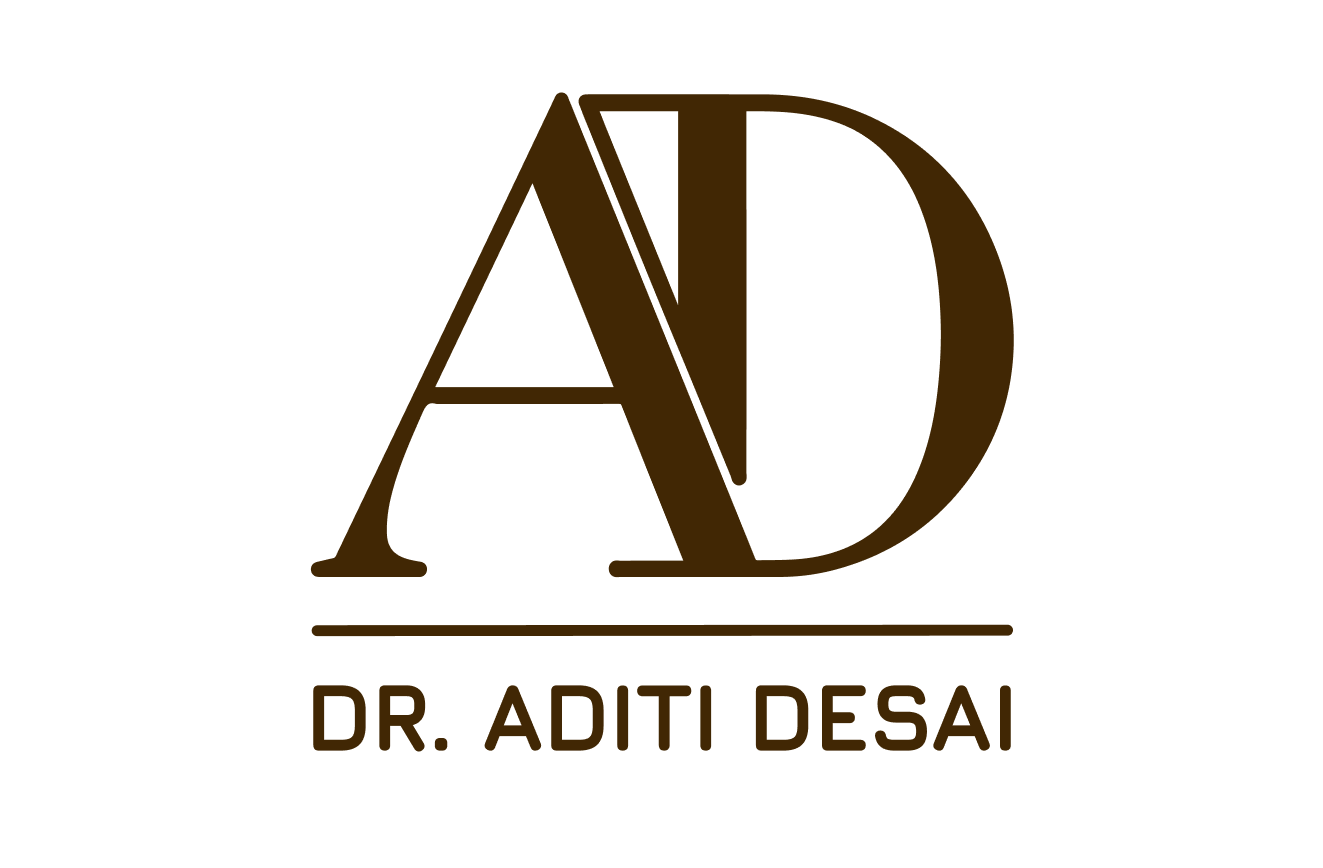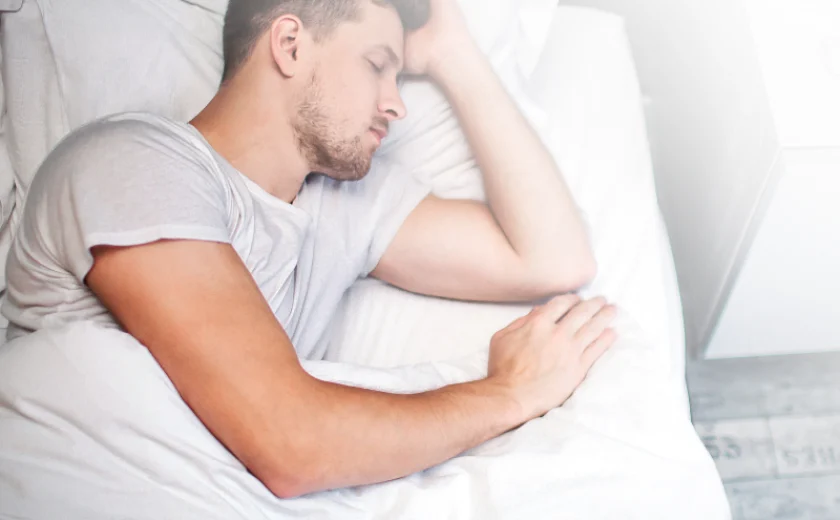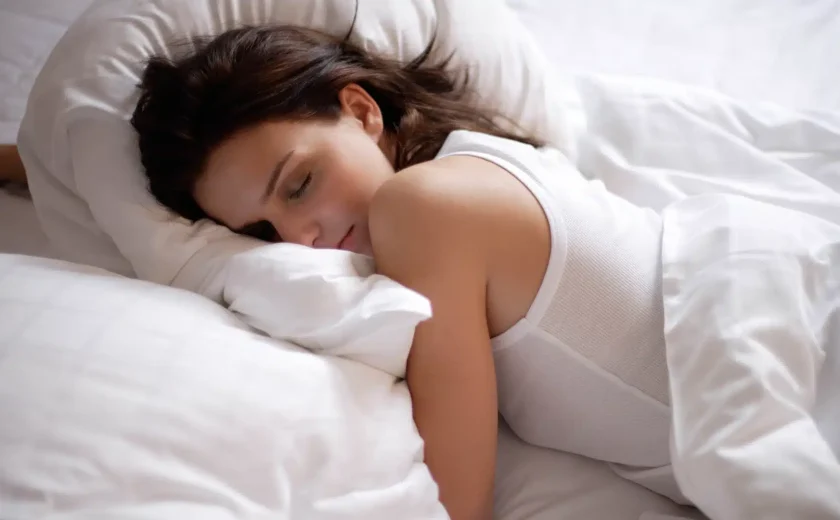What is Sleep Apnoea?
Sleep apnoea
refers to interruptions in breathing during sleep. These disruptions not only diminish
sleep quality but can also pose significant health risks if left untreated.
Obstructive Sleep Apnoea
(OSA) is the most prevalent sleep and breathing disorder, affecting
an estimated 1.5 million adults in the UK, with a concerning 85% remaining undiagnosed.
Globally, it is estimated that more than 1 billion people have OSA but a staggering 80%
remain undiagnosed and untreated.
Types of Sleep Apnoea
-
Obstructive Sleep Apnoea (OSA):
This occurs when relaxed throat muscles obstruct airflow. This condition is commonly associated with snoring. -
Central Sleep Apnoea (CSA):
This arises when the brain does not relay the appropriate signals to breathing-controlling muscles, it being a neurological breathing disorder.
The Mechanics of OSA
OSA is marked by breathing interruptions, which are categorized as:
- Apnoea: Complete airway blockage for 10 seconds or longer.
- Hypopnoea: Over 50% airflow reduction for a duration of 10 seconds or more with an accompanying oxygen desaturation of at least 4%.
In severe OSA instances, these interruptions can occur more than 30 times an hour lasting several seconds each episode.
Recognizing Sleep Apnoea Symptoms
While most symptoms manifest during sleep, several daytime signs can also indicate sleep apnoea:
- Night-time: Stopping and starting of breathing, gasping, snorting, choking sounds, nocturnal awakenings, pronounced snoring, frequent urination at night, and sleep bruxism.
- Daytime: Fatigue, difficulty concentrating, mood fluctuations, morning headaches, orofacial pain, dry mouth upon waking, insomnia, hypersomnia, irritability, night sweats.
Potential Causes of OSA
Factors potentially exacerbating OSA include:
- Obesity
- Gender (men are more susceptible; studies show women may present differently and be underdiagnosed)
- Age (over 40)
- Large neck circumference (especially men over 17 inches)
- Sedative medications
- Structural abnormalities in the throat or neck such as a very narrow airway
- Alcohol and smoking habits, including vaping
- Menopausal hormonal changes in women
- Genetic predisposition
- Nasal issues like deviated septum or polyps
Home Diagnosis of OSA
If you suspect OSA, consider taking these tests:
-
STOPBANG Questionnaire:
Specifically for OSA risk assessment. A score of 3 or more suggests potential OSA risk. -
Epworth Sleepiness Scale:
A score of 10 or more indicates possible OSA.
Should your scores suggest OSA, consult with a healthcare professional for further evaluation. They may recommend a comprehensive
sleep study
to gain insights into your sleep patterns. With modern technology, a sleep test can even be conducted at home.
Gauging OSA Severity
After an in-depth assessment, OSA severity is determined by the Apnoea-Hypopnoea Index (AHI), indicating breathing interruptions per hour:
- Normal: 0 to 5 episodes
- Mild OSA: 5 to 14 episodes
- Moderate OSA: 15 to 30 episodes
- Severe OSA: Over 30 episodes
OSA Treatment Approaches
Treatment Options
range from lifestyle adjustments to medical interventions:
- Lifestyle changes: Weight loss, reducing alcohol and smoking, and side-sleeping (Positional Therapy), adopting good sleep hygiene methods.
- Continuous Positive Airway Pressure (CPAP): A device providing continuous airflow through a mask to prevent airway closure.
- Mandibular Advancement Device (MAD): This dental device holds your lower jaw and tongue forward, enhancing airway space.
- In severe or specific cases, soft tissue or jaw surgery might be considered.
Seeking Professional Help
OSA can significantly impact your well-being. If left untreated, it can heighten the risk of other health conditions, including type 2 diabetes, strokes, and hypertension.
If you suspect you are suffering from it, it is essential to seek expert advice — proper diagnosis and treatment can significantly enhance your rest and overall health.
Should you have any concerns or queries regarding sleep apnoea or its management, do not hesitate to
contact our clinic.
As a leading dentist specialized in OSA and sleep-related disorders, Dr. Desai and her team are dedicated to helping you reclaim restful nights and vibrant days.



